 You've written your story's first draft. Where do you turn next?
You've written your story's first draft. Where do you turn next?
Writing Advice for Teens: Editing Fiction aims to help you identify and fix commonly found problems in most early stories. Filled with plenty of tips, advice, and examples to help any writer, the second book in the Writing Advice for Teens series focuses on helping teens find their inner editor.
Using the techniques outlined in this book, you will learn how to find and fix many common story problems. Good for any new writer, this guide will help you take your stories to the next level. Get yours today!
Purchase information
Writing Advice for Teens is available from:
- Amazon in Paperback.
- Barnes & Noble in Paperback.
- Directly from the author
Not ready to purchase?
Go to Goodreads and add it to your to-read list!
Other books by this author:



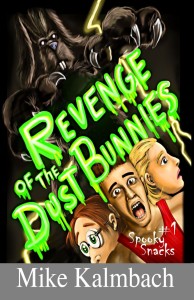


About the Author
 Mike Kalmbach grew up in a forest near Lake Michigan. Spending his summers chasing wizards and fighting battles with evil ogres, Mike has always had a creative mind. He'll often share stories from his past, and some of them are even true.
Mike Kalmbach grew up in a forest near Lake Michigan. Spending his summers chasing wizards and fighting battles with evil ogres, Mike has always had a creative mind. He'll often share stories from his past, and some of them are even true.
After time dragged him from childhood, Mike moved into freelance editing, helping other authors improve dozens of stories. During the daylight hours, he writes software to help with genetics research. He leads the Rochester MN Writing group and often speaks on topics from writing and editing to engineering and robotics.
Luckily, Mike now has two sons, so he has plenty of excuses to set down the pen and play. He lives in Minnesota where he, his family, and a band of pirates can still be found battling ogres, dust bunnies, and even the occasional dragon.

 The Northwoods has a new voice to discuss the connection between mankind and our natural world.
The Northwoods has a new voice to discuss the connection between mankind and our natural world.

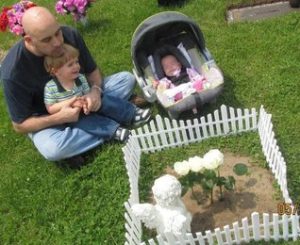 On December 30, 2010, my wife went into premature labor with our twin boy and girl. This is my journal detailing our 124 day vigil at the local neonatal intensive care unit (NICU), where we lost our boy, kept our girl, and found the strength to get through it all and heal as a family.
On December 30, 2010, my wife went into premature labor with our twin boy and girl. This is my journal detailing our 124 day vigil at the local neonatal intensive care unit (NICU), where we lost our boy, kept our girl, and found the strength to get through it all and heal as a family.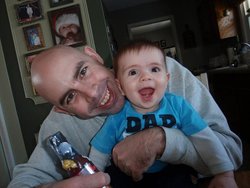
 The purpose of this book is to celebrate the transformative power of belly dance. The contributors have opened their lives and hearts to share their passion. Their stories of healing, compassion, joy, community, connection, and self-expression await you. As the idea for this book began to take shape, I placed an open call to belly dancers all over the world to submit essays for this book. The only guideline was that submissions should share how belly dance has transformed and enriched their lives. I hope that you will appreciate the courage of those who choose to dance and who have shared their stories. They have done so because they, too, believe in the transformative power of belly dance!
The purpose of this book is to celebrate the transformative power of belly dance. The contributors have opened their lives and hearts to share their passion. Their stories of healing, compassion, joy, community, connection, and self-expression await you. As the idea for this book began to take shape, I placed an open call to belly dancers all over the world to submit essays for this book. The only guideline was that submissions should share how belly dance has transformed and enriched their lives. I hope that you will appreciate the courage of those who choose to dance and who have shared their stories. They have done so because they, too, believe in the transformative power of belly dance! 
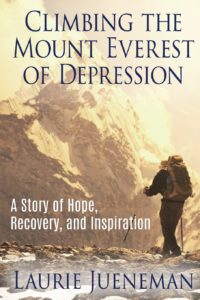 Climbing the Mount Everest of Depression is a memoir, inspirational book and self-help book all in one. Laurie Jueneman started her struggle with depression when she was 35 years old and continues to struggle at times today. During the course of her treatment, she experienced many hospitalizations, many medication trials, over four-hundred electro-convulsive treatments and two neuro-surgical surgeries. Her story provides hope to those suffering from depression and to their families and friends.
Climbing the Mount Everest of Depression is a memoir, inspirational book and self-help book all in one. Laurie Jueneman started her struggle with depression when she was 35 years old and continues to struggle at times today. During the course of her treatment, she experienced many hospitalizations, many medication trials, over four-hundred electro-convulsive treatments and two neuro-surgical surgeries. Her story provides hope to those suffering from depression and to their families and friends. 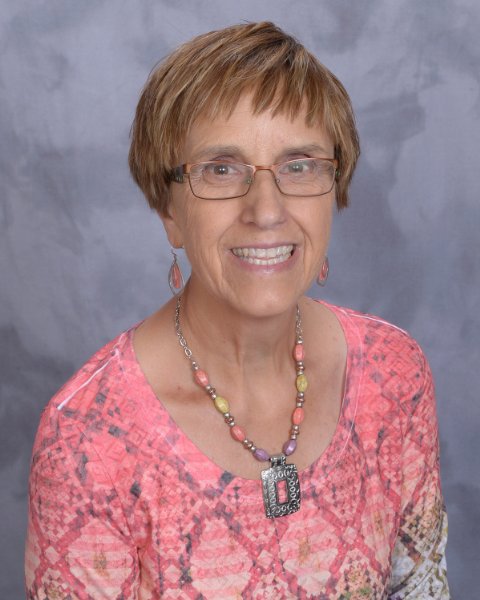
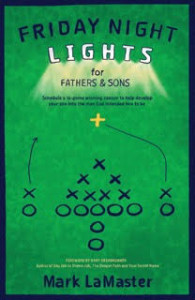 Finally, a Game Plan for dads to help develop their sons into the men God intended them to be.
Finally, a Game Plan for dads to help develop their sons into the men God intended them to be.

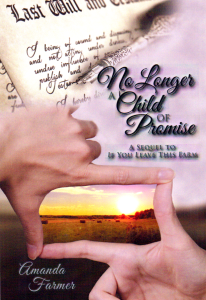 This sequel to If You Leave This Farm chronicles the life adventures of this young Mennonite lady who, after choosing to walk away from her father’s farm at age 29, is now free to make her own choices as an adult. Amanda shares the joy of discovering the world away from the farm, of falling in love, and about her decision to eventually leave the Mennonite church. But that freedom and joy is tainted by the continuing intertwined and overpowering conflicts that result from unspoken and unresolved expectations in her family of origin.
This sequel to If You Leave This Farm chronicles the life adventures of this young Mennonite lady who, after choosing to walk away from her father’s farm at age 29, is now free to make her own choices as an adult. Amanda shares the joy of discovering the world away from the farm, of falling in love, and about her decision to eventually leave the Mennonite church. But that freedom and joy is tainted by the continuing intertwined and overpowering conflicts that result from unspoken and unresolved expectations in her family of origin.


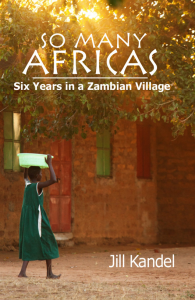 In 1981, Jill Kandel traveled to the remote Zambian village of Kalabo. She was a bride of six weeks, married to a blue-eyed boy from the Netherlands. Amidst international crises and famine, she gave birth to two children, bridged a cultural divide with her Dutch husband, and was devastated by a car accident that took the life of a twelve-year-old Zambian child. She stayed six years. After returning home, Kandel struggled to find her voice and herself. This is the story of how she found her way home.
In 1981, Jill Kandel traveled to the remote Zambian village of Kalabo. She was a bride of six weeks, married to a blue-eyed boy from the Netherlands. Amidst international crises and famine, she gave birth to two children, bridged a cultural divide with her Dutch husband, and was devastated by a car accident that took the life of a twelve-year-old Zambian child. She stayed six years. After returning home, Kandel struggled to find her voice and herself. This is the story of how she found her way home.
 Do we really see everything that is visible, hear all that is spoken,
or understand the intended message? Do we even know who
is communicating? How often does rigid, formal learning limit
our ability to perceive the mystery of our destiny?
Do we really see everything that is visible, hear all that is spoken,
or understand the intended message? Do we even know who
is communicating? How often does rigid, formal learning limit
our ability to perceive the mystery of our destiny?

 Allen and Linda Anderson adopted a traumatized one-year-old cocker spaniel who had been abandoned. Soon, the troubled dog they named “Leaf” turned their home into a war zone. Although Leaf and Allen were forging a friendship with visits to dog parks and bonding time, Leaf’s emotional issues overwhelmed the couple.
Allen and Linda Anderson adopted a traumatized one-year-old cocker spaniel who had been abandoned. Soon, the troubled dog they named “Leaf” turned their home into a war zone. Although Leaf and Allen were forging a friendship with visits to dog parks and bonding time, Leaf’s emotional issues overwhelmed the couple.
